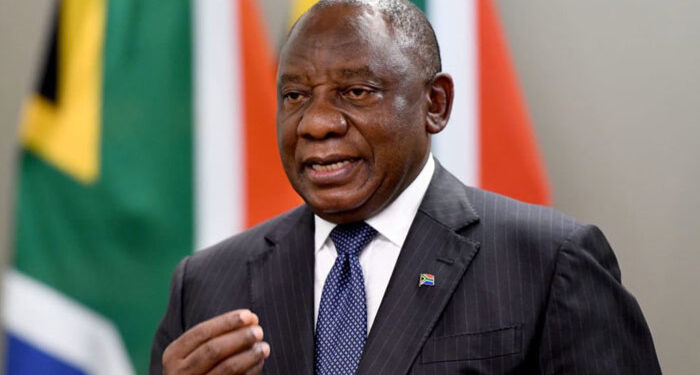By Ebi Kesiena
South African President Cyril Ramaphosa has signed into law, a contentious bill permitting the state to seize land without compensation. This move has sparked controversy, even within his government.
Decades after apartheid ended, black South Africans own only a small portion of the nation’s farmland, with the majority still controlled by the white minority. The slow pace of land reform has fuelled frustration and anger across the country.
Ramaphosa’s ruling African National Congress (ANC) hailed the legislation as a “significant milestone” in South Africa’s transformation. However, some coalition government members have expressed opposition and might challenge the law in court.
The government stated the law “outlines how expropriation can be done and on what basis.” It replaces the 1975 Expropriation Act, which required the state to compensate landowners under a “willing seller, willing buyer” principle.
The new law permits expropriation without compensation in specific cases where it is considered “just and equitable” and serves the public interest. For example, it applies to unused property with no plans for development or income generation, or when land poses a risk to public safety.
Presidential spokesperson Vincent Magwenya emphasised that expropriation would not occur arbitrarily and must serve the public interest. He added that the state must attempt to negotiate with landowners before proceeding.
The Democratic Alliance (DA), the pro-business opposition party, strongly opposes the law and is consulting its lawyers. Meanwhile, the Freedom Front Plus, which advocates for the rights of the white minority, has vowed to challenge the legislation’s constitutionality and seek amendments to the legislation if necessary.
The debate over land reform continues to draw attention to South Africa’s deep inequalities and the challenges of addressing historical injustices.




































